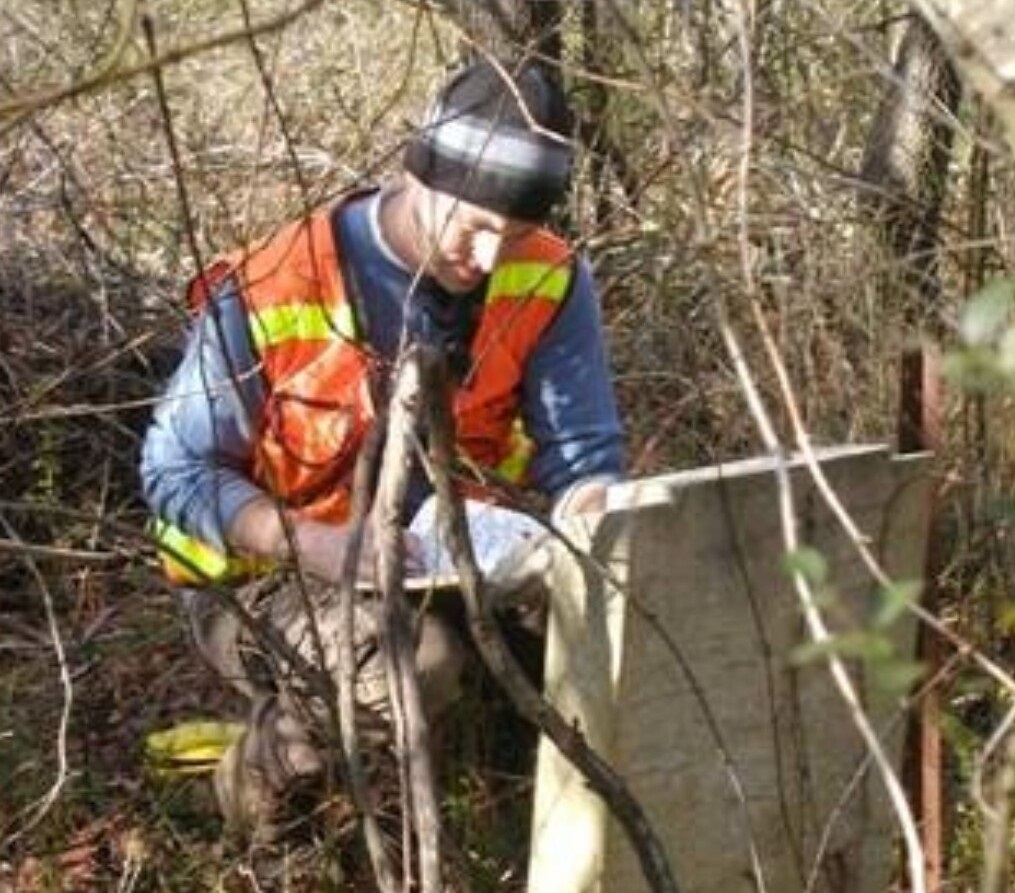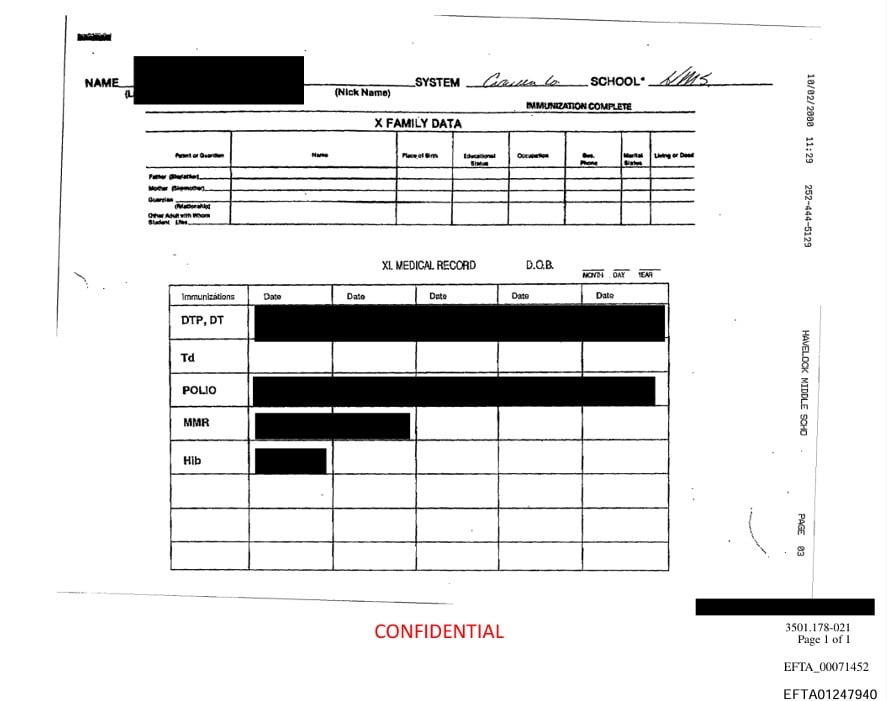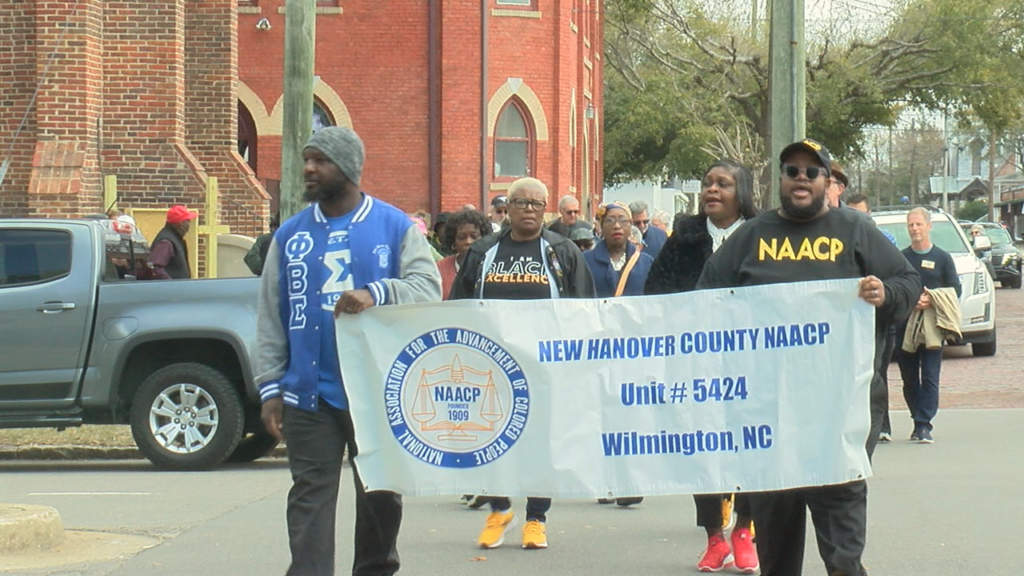NCDOT partners with NCSU to map unmarked burial sites

RALEIGH, NC (WWAY) — The state is working to map unmarked burial sites belonging to historically marginalized groups.
The NC Department of Transportation announced a partnership with N.C. State University’s Institute for Transportation Research and Education to conduct the research.
“This partnership is important as it will help in preserving and honoring the heritage of these communities, ensuring that their stories are not forgotten,” said Tunya Smith, director of NCDOT’s Office of Civil Rights. “Additionally, this research will contribute to creating a more comprehensive understanding of our state’s history and heritage.”
According to a news release from the NCDOT, the research project is scheduled to start this summer and extend through the summer of 2026. The project will focus on identifying and mapping Indigenous burial sites, graves of formerly enslaved individuals, and historic African American cemeteries.
Researchers will begin the project by trying to identify cemeteries in Edgecombe County, which sits about 60 miles east of Raleigh. An advisory committee will gather feedback from the community and work to preserve its cultural heritage.
Edgecombe County officials have shown interest in identifying, preserving and developing cultural interpretations for the burials of enslaved peoples and historic African American cemeteries. People in Edgecombe County have also engaged in discussions as part of the Uplift NC program supported by the North Carolina Chamber of Commerce.
The unmarked burial sites have long faced disproportionate risks and vulnerabilities as North Carolina’s popularity leads to increased commercial and residential development and transportation projects. Experts are concerned that development coupled with more frequent storms could make it more difficult to identify and preserve these burial sites.
The cemetery mapping initiative will involve a thorough literature and policy review, followed by a community outreach effort in Edgecombe County to document sites that may only be known through word of mouth and generational knowledge.
But officials hope to eventually expand the project beyond Edgecombe County.



